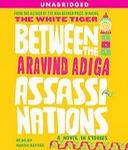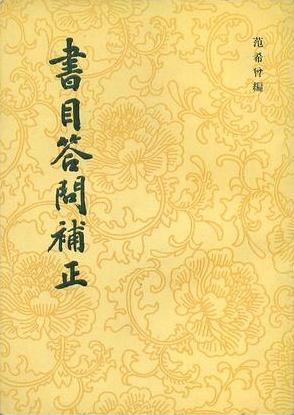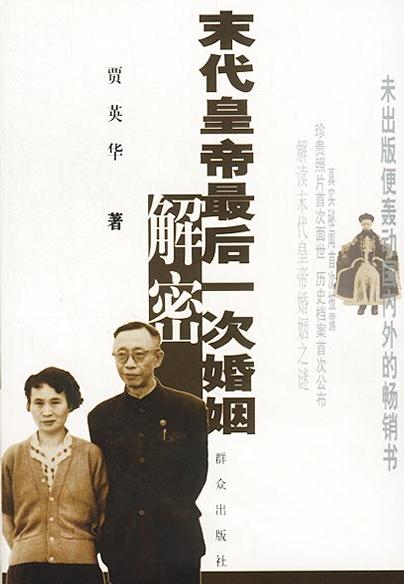Narrated by Harsh Nayyar
Duration 11 hrs and 34 mins
96 Kbps
Welcome to Kittur, India. Of its 193,432 residents, only 89 declare themselves to be without religion or caste. And if the characters in Between the Assassinations are any indication, Kittur is an extraordinary crossroads of the brightest minds and the poorest morals, the up-and-coming and the downtrodden, and of an India that modern literature has rarely addressed.
A twelve-year-old boy named Ziauddin, a gofer at a tea shop near the railway station, is enticed into wrongdoing because a fair-skinned stranger treats him with dignity and warmth. George D'Souza, a mosquito-repellent sprayer, elevates himself to gardener and then chauffeur to the lovely, young Mrs. Gomes, and then loses it all when he attempts to be something more. A little girl's first act of love for her father is to beg on the street for money to support his drug habit. A privileged schoolboy sets off an explosive in a Jesuit-school classroom in protest against casteism. And the loneliest member of the Marxist-Maoist Party of India falls in love with the one young woman, in the poorest part of town, whom he cannot afford to wed.
A blinding, brilliant, and brave mosaic of Indian life as it is lived in a place called Kittur, Between the Assassinations, with all the humor, sympathy, and unflinching candor of The White Tiger, showcases the most beloved aspects of Aravind Adiga's writing to brilliant effect and enlarges our understanding of the world we live in today.
From Publishers Weekly
Starred Review. This short story collection, teeming with life in the small Indian city of Kittur between the assassination of Indira Gandhi in 1984 and that of her son Rajiv in 1991, serves as a prelude to Adiga's Booker Prize–winning The White Tiger. Loosely based on a tourist itinerary, the stories meander through the lives of a motley array of hoykas and Brahmins, Muslims and Christians. We meet Xerox, the peddler of illegally copied books who doesn't mind having been arrested 21 times, as this seems a step up from his father's work as an excrement shoveler. Then there is Jayamma: the eighth of nine daughters, she is sent out to work because her father had only enough money to marry off six daughters. Her only comfort is getting high on DDT fumes and rubbing the buttocks of a tiny idol of baby Krishna. Adiga's India is a place of wildly disparate fortunes, where a 500-rupee meal at the Oberoi Hotel in Bombay scandalizes a construction worker who marvels at the sight of a 20-rupee note. It's a gruesome picture of existence, and the small epiphanies hit like bricks from heaven
From Booklist
Adiga provides both a chronological and geographical framework for this collection of stories, a prequel to his Man Booker–winning The White Tiger (2008). The stories take place during the years between the assassinations of Indira Gandhi in 1984 and Rajiv Gandhi in 1991. Each story is introduced by an excerpt from a guide for a weeklong tour of the fictional city of Kittur, located on India’s southwestern coast. The blandness of the travel guide is a counterpoint to the vibrant, messy city life, where Hindu, Muslim, and Christian, high and low caste, rich and poor, all jostle together. As in The White Tiger, corruption and injustice are important themes, and while a few characters find ways to strike back, most are caught in the daily grind of trying to survive. Although sometimes heavy handed, the stories are sharply tactile, and the city of Kittur is richly imagined. Once again, Adiga offers a panoramic view of India, this time by giving voices and names to the multitude. --Mary Ellen Quinn
Aravind Adiga (Kannada: ಅರವಿಂದ ಅಡಿಗ, born 23 October 1974) is an Indian journalist and author. His debut novel, The White Tiger, won the 2008 Man Booker Prize.
 Between the Assassinationstxt,chm,pdf,epub,mobi下载
Between the Assassinationstxt,chm,pdf,epub,mobi下载 首页
首页



买来学习
非常值得一看的好书
哲学问题
近乎平淡的笔触